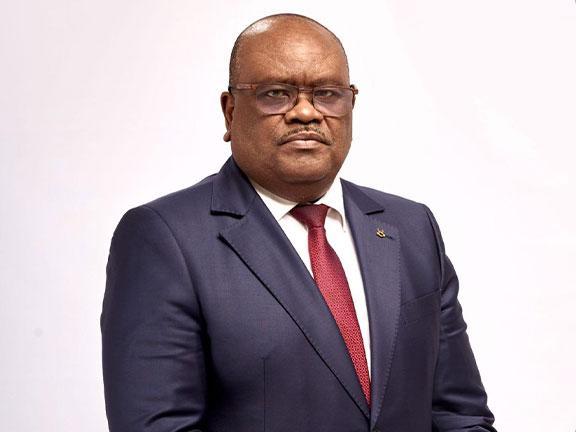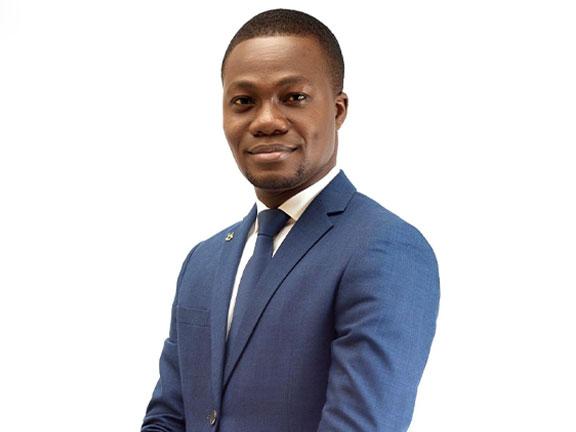When the Paris Agreement was concluded in 2015, the FVC was assigned an important role in implementing the said Agreement and achieving the goal of limiting global warming to below 2 degrees Celsius.
As part of its mandate, BOAD has taken steps that have led to its accreditation by the CVF as a regional direct access entity. This accreditation was materialized by the signing of an Accreditation Framework Agreement (AFA) between BOAD and the Fund on April 03, 2017. The accreditation was renewed in 2023, with the environmental and social categorization of projects upgraded to A/I1.





